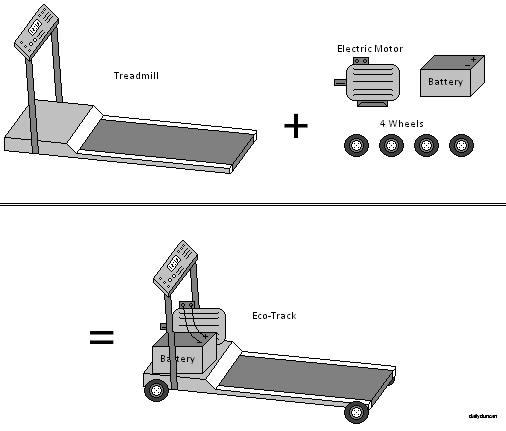The Internet is a powerful source of information. No matter what the subject, you may surely find what you seek on the web. The most peculiar topics are likely to have a forum or entire web ring dedicated to their discussion. The strangest idea you every had probably has a website devoted to it.
The Internet has become increasingly trustworthy as a source of knowledge and advice. The average citizen no longer turns to newspapers, encyclopedias, textbooks or the elderly for information, instead favoring the touch of a key over a word from the wise. Whether you’re writing a paper, raising a child or buying a car, the Internet is likely the first and last place you will look for help.
Now whether or not you trust the Internet for advice on how raise your children is up to you, the real issue is what you say you are doing when you beseech the web for wisdom. Here is an example of how a typical conversation usually plays out:
“Scott, I think I’m going to buy a Ford Focus.”
“Why would you such a thing, Gary?”
“Well, I was doing some research the other day on Ford’s website and it said that the Focus has the best fuel economy in its class.”
“I can’t argue with the facts, Gary. If the research supports your decision, then I am obliged to concur.”
The problem here is obvious, Gary never did any research. Research is what scientists are doing when they discover new medicines, what biologists are doing when they embark on deep-sea explorations, what archaeologists are doing when they unearth dinosaur skeletons. Research is not when you type, “should i buy a ford focus plz?” on Yahoo and click the first link that shows up. Claiming that you have researched a subject that you merely read about online is a severe exaggeration, if not downright deception. People have devoted their entire lives to fields of study, often braving remote and hostile conditions for years, for the sake of research.
The word research conjures up ideas of devotion, nobility and discovery. There is nothing noble in reading a blog about cat ear medicine and no devotion or discovery in spending two minutes scrolling your mouse to find out how a light bulb works. Instead of misleading others by telling them that we have done research, let’s use a new word:
e-search. [ee-surch]
–verb.
1. to use the Internet, or other electronic source, to acquire information.
-noun.
2. the quick and easy process of scanning the Internet for information on a given topic.
This word perfectly captures what you actually did to find out how to throw a frisbee extra far. You did an electronic search, nothing more. There was no critical thought or analysis, no experiments, no systematic investigation and no discovery. You typed a phrase on a keyboard, then read what someone else wrote, that’s it.

